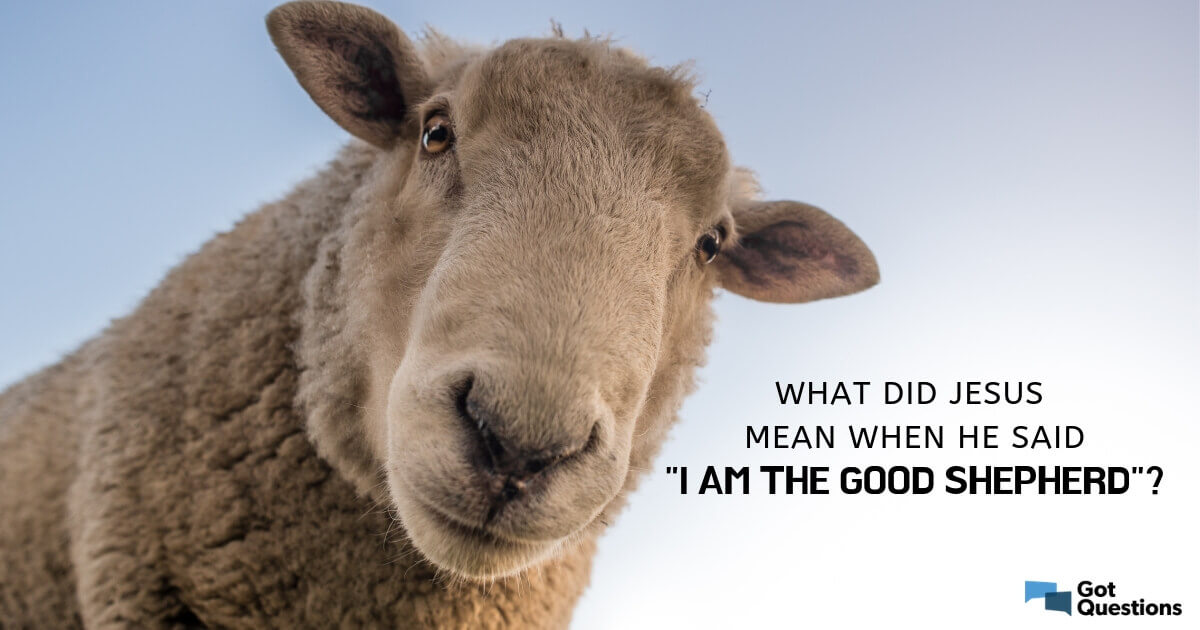
On Palm Sunday each year, we remember the story of Jesus entering Jerusalem, riding on a donkey. The people throw their cloaks on the ground and wave palm branches as they sing a song that welcomes the king into the city (taken from Psalm 118). Jesus adds to the spectacle by deliberately choosing to ride the donkey, acting out a prophecy from the Scriptures (in the prophetic book of Zechariah) about the king coming in humility and peace and riding on a donkey.
Not everyone is pleased to see Jesus being feted in this way. His regular opponents throughout the Gospel story, the Pharisees, grumble about how the whole world seems to be going after Jesus. John’s Gospel then includes an odd little incident to show that this statement is quite true. Some Greeks – non Jewish people – are visiting Jerusalem for Passover and have heard about Jesus and want to see him and request an audience through two of his disciples.
For Jesus this is the sign that his message is indeed reaching into the world. It recalls the well-known verse from earlier in this Gospel that the reason Jesus came into the world was because God loved the world so much. For Jesus, the decisive hour is now within view – the climax of his ministry.
From one perspective, the death of Jesus is a story of rejection and betrayal, of brutality and shame as he dies an agonising death on a cross. From John’s perspective, however, being lifted up on the cross is the moment when Jesus is glorified and draws all people to himself. It is the means by which God’s love is fully revealed to the world and also how God’s life is made available to all.
So how do you see the Easter story? Is it a story about the darkness and evil that dwells in the human heart? Or is it a story about the light and love and life that God wants to bring into the world? Or is it a strange combination of both these stories?








